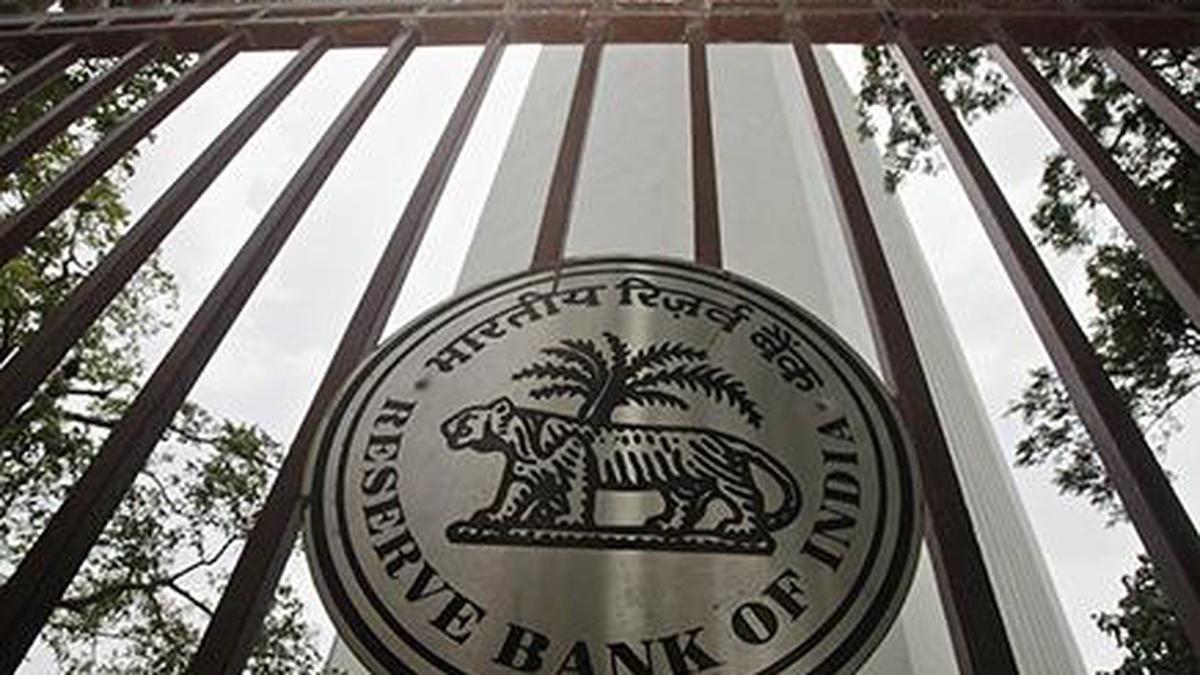UIDAI’s Comprehensive Guidelines on Aadhaar Enrolment and Update: Requirements for Registrars and Enrolment Agencies
Introduction
The Unique Identification Authority of India’s (UIDAI) Master Circular on Aadhaar Enrolment and Update establishes the definitive framework governing the processes, responsibilities, and compliance requirements for entities involved in enrolling residents and updating their Aadhaar information. This regulatory framework ensures standardized, secure, and efficient enrolment procedures across India.
What is the Aadhaar Enrolment and Update Framework?
The Aadhaar Enrolment and Update Framework outlines the guidelines, technical specifications, and operational procedures that Registrars and Enrolment Agencies must follow when collecting demographic and biometric information, processing enrolment/update requests, and managing resident interactions throughout the Aadhaar lifecycle. It encompasses everything from appointment of agencies to equipment specifications and quality assurance.
Why is the Enrolment and Update Framework Required?
- Ensures standardized enrolment procedures across diverse geographical areas
- Maintains data quality and integrity in the Aadhaar database
- Prevents fraudulent enrolments and identity manipulations
- Establishes accountability in the enrolment ecosystem
- Facilitates accessible and efficient resident services nationwide
Key Requirements Under the Enrolment Framework
Registrar and Enrolment Agency Onboarding
- Registrar empanelment criteria and process
- Enrolment Agency certification requirements
- Supervisor and Operator certification process
- UIDAI empanelment procedures
- Contractual agreement requirements
Enrolment Center Setup
- Physical infrastructure requirements
- Technical infrastructure specifications
- Certified biometric device requirements
- Public visibility and accessibility guidelines
- Permanent Enrolment Center (PEC) criteria
Enrolment Process Standardization
- Demographic data collection guidelines
- Biometric data capture specifications
- Document verification processes
- Enrolment form management
- Exception handling procedures
Quality Assurance and Monitoring
- Enrolment data quality parameters
- Biometric quality assessment criteria
- Quality check procedures and timelines
- Performance monitoring metrics
- Remedial action protocols
Resident Services
- Grievance redressal mechanisms
- Assistance provisions for elderly/disabled
- Language support requirements
- Queue management systems
- Appointment scheduling systems
Document Management
- Consent slip requirements
- Supporting document handling
- Document storage and retrieval
- Document disposal protocols
- Document verification procedures
Specific Requirements for Different Processes
New Enrolments
- Age-based documentation requirements
- Head of Family (HoF) based verification
- Introducer-based verification process
- Biometric exception handling
- Special camps procedure
Mandatory Biometric Update
- Child enrolment to adult transition updates
- Biometric update timelines and reminders
- Quality requirements for biometric updates
- Update process flow standardization
- Exception handling for update failures
Demographic Updates
- Address update requirements
- Name change protocols
- Date of birth update restrictions
- Gender update procedures
- Mobile and email update verification
Special Cases
- NRI enrolment guidelines
- Enrolment for persons with disabilities
- Protocols for residents without fixed addresses
- Verification for orphans and destitute individuals
- Tribal and remote area enrolment provisions
Governance and Oversight Requirements
Training and Certification
- Operator training curriculum
- Certification examination process
- Refresher training requirements
- Performance-based re-certification
- Specialized training for exception handling
Audit and Compliance
- Scheduled and surprise audit procedures
- Self-assessment requirements
- Performance metrics monitoring
- Data quality audits
- Non-compliance remediation
Fraud Management
- Operator de-duplication protocols
- Blacklisting criteria and process
- Fraud detection mechanisms
- Investigation procedures
- Penalties for fraudulent activities
Fees and Charges
- Fee structure for update services
- Free service requirements
- Transparency in charging
- Receipt provision mandates
- Grievance mechanism for overcharging
Penalties for Non-Compliance
- Monetary penalties up to ₹20,000 per violation
- Suspension or blacklisting of operators
- De-empanelment of Enrolment Agencies
- Criminal proceedings for fraudulent activities
- Financial disincentives based on error rates
Recent Updates and Amendments
- Face authentication for update verification
- Mobile-based update mechanisms
- Document-free update processes
- Integration with Common Service Centers
- Modified exception handling procedures
Industry Best Practices
- Real-time performance monitoring dashboards
- Automated quality check systems
- Resident feedback incorporation mechanisms
- Geographic optimization of enrolment centers
- Enhanced accessibility features for persons with disabilities
Conclusion
UIDAI’s Master Circular on Aadhaar Enrolment and Update provides a comprehensive framework that balances accessibility, security, and data quality in the Aadhaar ecosystem. Organizations participating in the enrolment ecosystem must view these requirements not merely as compliance obligations but as essential elements of an identity infrastructure that serves over a billion residents.














